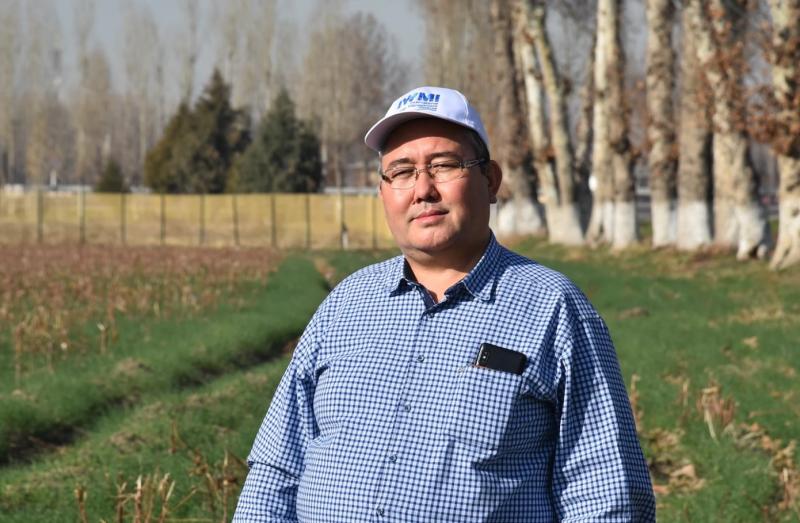
At an international round table, held within the framework of AGRITECHNICA digital on tour, Kakhramon Djumaboyev, regional analyst of the International Water Management Institute, spoke about the positive experience of other countries on water saving, which is applicable in Kazakhstan, World of NAN reports.
The International Water Management Institute has been working on solving the issues of water deficit in agriculture for over 35 years. According to the speaker, about 30 countries have learned how to effectively conduct agricultural activities and save natural resources through the joint work and recommendations of the Institute's specialists. And the demand on them, according to the expert, will grow over the years.
" Even today, agriculture accounts for 70% of the world's water intake. Due to climate change, with more dry seasons, the annual increase in demand for food, the volume of water used in agriculture will increase. It is assumed that by 2050, when the world population is close to 9.7 billion people, water consumption will increase by 19%", the speaker noted.
Central Asian countries are vulnerable to the challenges of time, particularly climate change, the expert said. This is associated with low volumes of rainfall, low levels and depletion of groundwater. The situation is aggravated by salinization, swampy soils, inefficient water accounting, worn-out irrigation networks leading to water loss. Meanwhile, due to salinization and waterlogging, 25 m3 of water is lost to leaching of 1 m3 of water.
Moreover, according to the analyst, most often the farmers have no incentive and desire to abandon traditional farming methods in favor of water-saving technologies. Also lack of objective picture on water situation for decision-making and dependence on transboundary rivers play a certain role.
In order to develop the agricultural sector without losses, we need to switch to new farming methods, Kakhramon Dzhumaboyev said, and offered recommendations for Kazakh farmers.
In Kazakhstan's climate, the expert advised local farmers to switch from watering long furrows to short ones. This will save 20-25% of water on each farm. The expert called drip and sprinkler irrigation expedient and economically profitable, which local farmers began to use little by little.
Among the tools to track water consumption, K.Dzhumaboev calls digital water accounting technologies, remote sensing and monitoring. It's necessary to measure volume of water on the farm and transfer it to Kazvodkhoz. In turn, the analysis of experts will track salinity, the level of moisture in the soil to plan irrigation activities, the speaker believes. On farms, the analyst recommends to use doppler-estimation of water productivity. It is very important for mapping.
"If we trace water productivity thanks to these tools, we will understand where water is being saved and where there is an overconsumption," K. Dzhumaboev said.
Another way to solve the problem the international expert called the use of renewable energy sources on the territories with underground irrigation. For example, potatoes are grown in such a way in Uzbekistan. In India, jointly with the International Water Management Institute, they switch to irrigation using solar generators. They are especially needed in areas where there is no access to electricity. As the speaker told, in India they learned not only to save, but also to earn. Local farmers generate electricity for irrigation and sell the surplus to the local power grid.
The speaker also mentioned agro-technical practices that help save water resources. These include the use of a laser leveler, ridge seeding, and leaving crop residues behind.
"Traditional farming practices are no longer an option for water management in agriculture in water scarce regions of Central Asia. A paradigm shift in crop production is needed or the region will face growing water and food shortages," concluded the international speaker.
The full version of the event can be found on the DLG website. (Pre-registration required)






































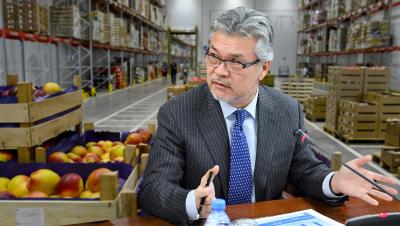
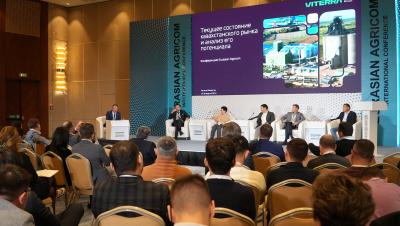
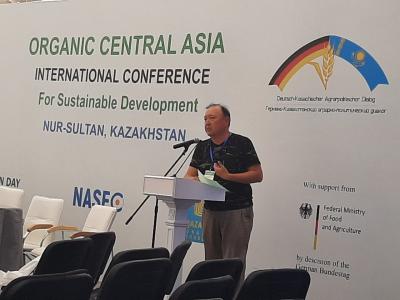
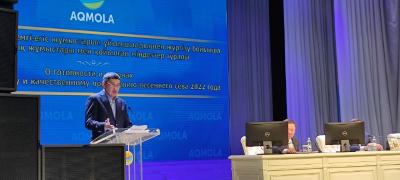
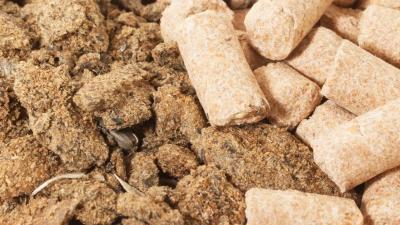

Обсуждение